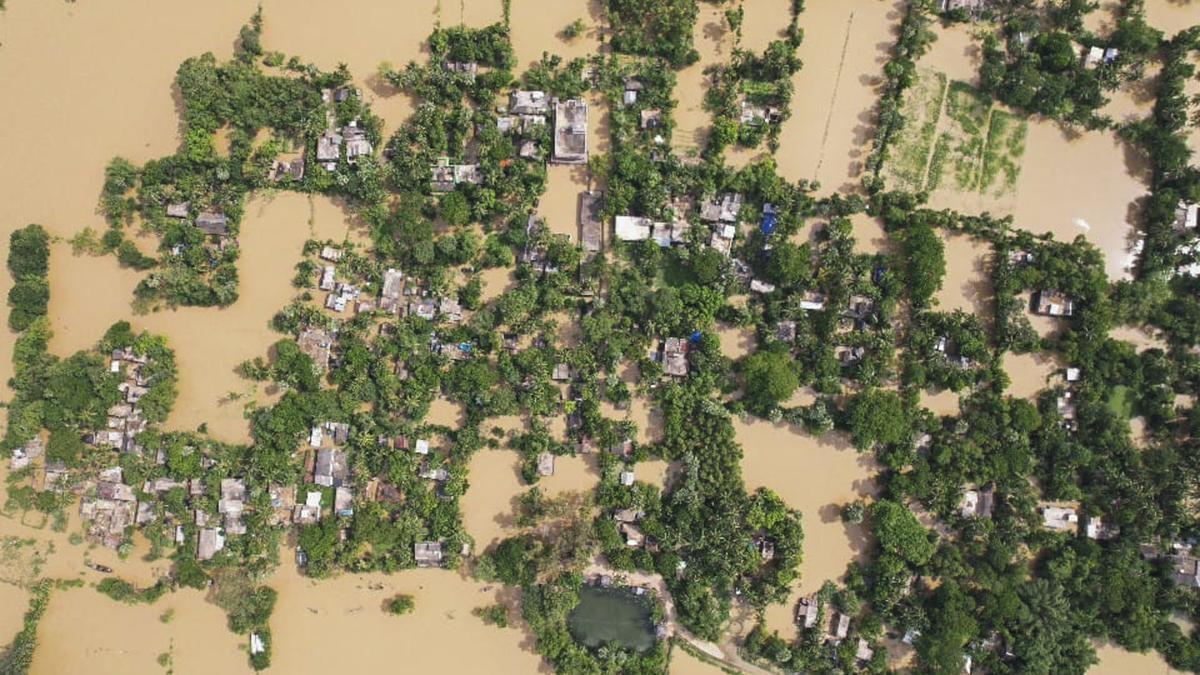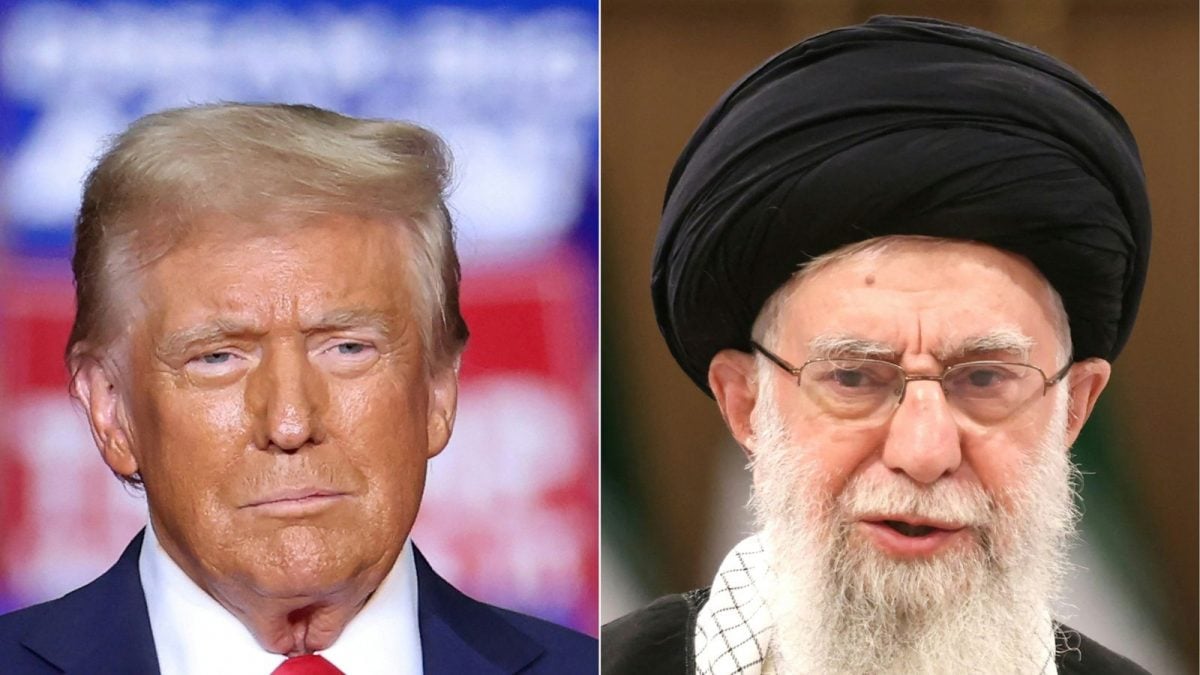ARTICLE AD BOX
Nearly a decade after it was set up in the first phase of the Central government’s ‘one stop centre’ scheme, meant to provide services under one roof to support and aid women facing violence or abuse, the centre in one of the bylanes of Madhya Pradesh’s Indore tackles thousands of cases each year, majority of them being complaints of domestic abuse.
A total of 802 such centres are operational across the country.
Outside the two-storey building on June 16 afternoon, a woman from Indore cradled an infant wrapped in a blanket. She was at the centre with a family member for her first counselling session after her relationship with her in-laws took a turn for the worse following the birth of her baby girl, and she was asked to leave their house, she said. Her husband, who is from one of the state’s northwestern districts, she said, had also not been in touch for a few weeks.
Vanchna Singh Parihar, the centre’s administrator, said women either approach the centre directly, or are referred to them by the police, Anganwadi workers, the district administration, NGOs or via the 181 helpline number. Once at the centre, which functions round-the-clock, they are to be assisted with counselling, medical and legal aid, along with temporary shelter.
In the aftermath of the December 2012 Delhi gangrape case, a commission set up under Justice Usha Mehra to enquire into aspects of the incident, recommended the setting up of ‘one stop centres’ to assist victims of sexual assault. The Centre also set up the ‘Nirbhaya Fund’ and announced an initial sum of `1,000 crore in 2013, for work on women’s safety. One stop centres, a project launched in 2015, have been set up under this fund.
Parihar, who has been working at the centre from 2019 onwards, said the number of cases they have been handling has seen a steady uptick over the years, going from 21 cases in the few months after it was set up in 2016-17, to 555 in 2017-18, and 3,864 in 2024-25. She attributes the increase to better awareness. The centre has dealt with a total of 15,683 cases since it was set up. “Around 70-80%” of these are matters involving domestic abuse, she said. “Some only involve counselling in multiple sessions. If it cannot be resolved that way, the police or court are involved,” she said.
If a case is referred to them, they make a call or a home visit and ask that the woman visit the office, where she meets with a case-worker who records her statement, and then a psychosocial counsellor. The other party — like the husband or the family — is then called in for counselling. It is either then resolved in repeated counselling sessions over a few months, or they assist the woman in filing a case with the police. Through the District Legal Services Authority, the centre also helps provide legal aid. For women who may not have anywhere safe to stay, the centre offers shelter for five days at a time, a duration that can be extended by the district administration. A woman constable is stationed at the centre round-the-clock.
Story continues below this ad
“The idea behind setting up these centres was to ensure that women who have faced violence or abuse can approach an office like this one without fear, in case they are afraid to go to the police directly,” Parihar said, adding that the testimonies of the women that the centre has been able to help point to the need for more such centres. Indore district has two functional centres.
Across the country, a total of 888 one stop centres have been approved so far, and 802 are operational, according to a report presented by a parliamentary standing committee to the Rajya Sabha earlier this year.
The committee had expressed concern over “underutilization” of funds under schemes like One Stop Centre and Women Helpline and also called for “proper training” of personnel deployed at these centres, and asked that the centres be staffed according to the population density of an area.
(The reporter was in Indore at the invitation of the Ministry of Women and Child Development)



.png)
.png)
.png)

























 English (US) ·
English (US) ·